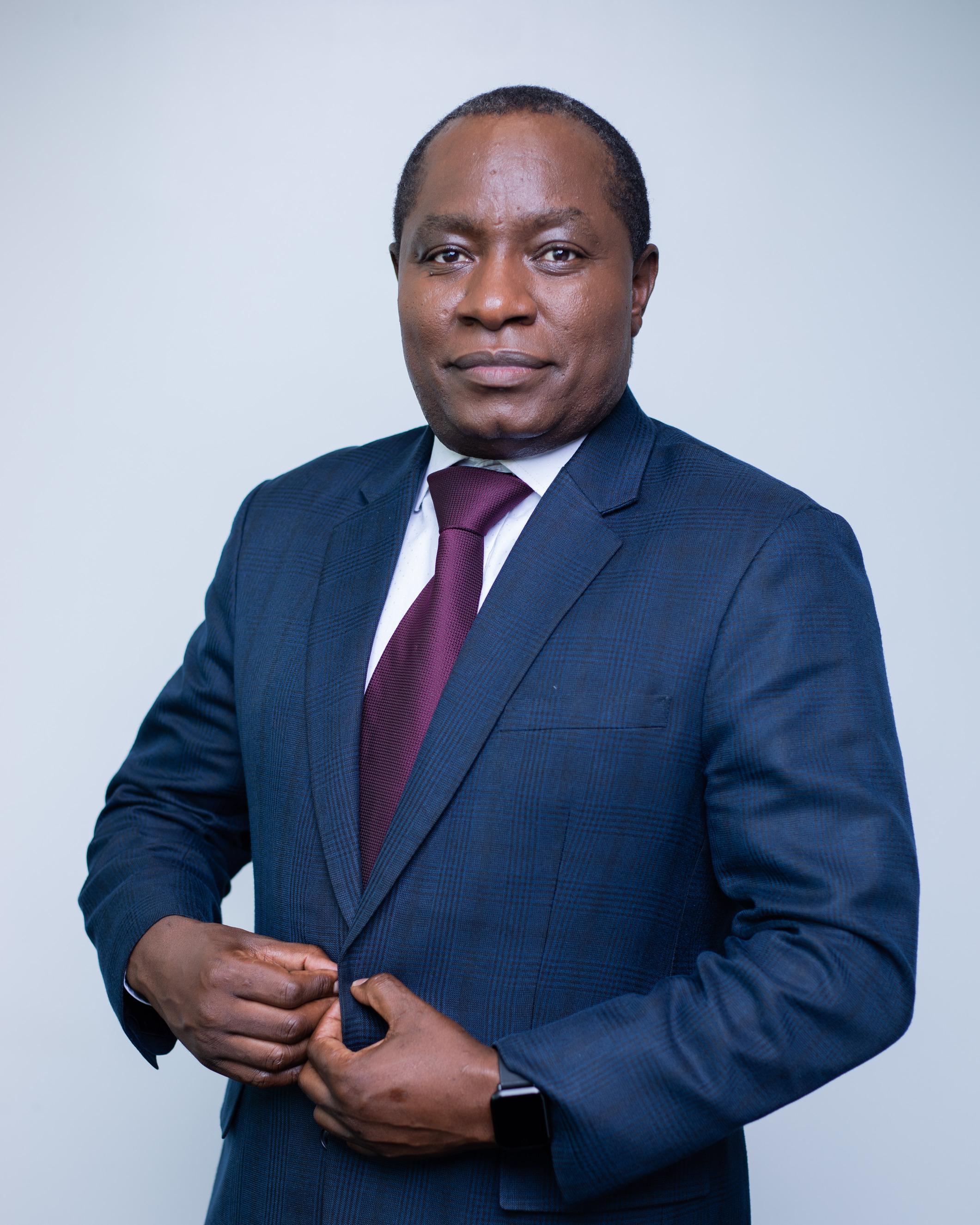
 Britam Life CEO, Ambrose Dabani./HANDOUT
Britam Life CEO, Ambrose Dabani./HANDOUT
Let’s be honest, most people under 40 aren’t thinking about retirement. They are out here chasing gigs, building side hustles, looking for rent by the 5th of the month, and trying to keep up with daily life.
So, when someone mentions "pension," it sounds like something for the old or government officials. But here’s the catch: by the time it starts to matter, it might be too late to do anything meaningful about it.
Millennials and Gen Z are quickly becoming the biggest part of Kenya’s workforce. They’re sharp, digital-first, and full of ambition. But while they’re busy taking over the world, many don’t understand how pensions work, or why they should even care.
According to new research by Data Lab, Gen Zs alone are spending a mind-blowing Sh4.4 trillion on goods and services every year, mostly on food, rent, and transport.
But very few have a pension plan, either personal or from their employer, because many are still in school, self-employed, or on short contracts. Millennials are a bit ahead, but even then, participation in pension schemes is still low. Why? Because the topic is rarely ever discussed, either at home or in the workplace.
To make matters worse, a good number of employees don’t even know how pension deductions work. What’s the percentage? What does my employer contribute? What happens to my money when I change jobs? These are questions too many people are afraid to ask because the systems feel complicated, and sometimes, they are.
But this is where employers need to step up. Companies shouldn’t just throw in a pension plan and call it a day. They need to talk about it. Explain it. Normalize it.
Transparency is key. When an employee knows their salary is being matched by the employer, sometimes shilling for shilling, they’re more likely to take it seriously. Imagine thinking you’re saving Ksh 3,000 a month only to find out your employer is adding another Sh3,000 for free? That’s a 100% return. You won’t get that at your local Sacco, let’s be honest.
The truth is, most people were never taught about pensions in school. It’s not part of the curriculum, and even at home, parents rarely bring it up. But just because you weren’t taught it doesn’t mean you stay in the dark. If you’re employed, ask HR to break it down for you.
If you’re an employer, make it make sense for your team. Go beyond paperwork, do workshops, Q&A sessions, give real-life examples, and use language that’s not soaked in corporate jargon.
Let’s also be honest about the current economy. Life is expensive. Rent is wild. Food prices are unpredictable. A TransUnion study recently showed that 42% of Kenyans aren’t sure they’ll manage to pay their bills. So yes, savings feel like a luxury.
But that’s exactly why it’s even more important to understand pensions. When times are hard, having something secured for the future brings peace of mind. It’s the cushion that helps you sleep better at night.
Even small steps matter. Increasing your pension contribution by even 1% today can make a huge difference by the time you retire. That’s the magic of compound interest; it’s slow, but it’s powerful. Many retirees will tell you, “I wish I had started earlier.” You don’t want to be that person. Start now, even if it’s with a little.
So, what’s the way forward? For Employers, make pension education part of your culture. Break it down in monthly staff meetings, send newsletters, and even create a pension awareness week. And for employees, stop saying, “Pensions are for old people.” It’s your money. It’s your future. Own it.
Understanding your pension doesn’t make you boring. It makes you smart. It gives you control. It builds your freedom. Whether you’re 23 or 33, the best time to get smart about retirement was yesterday. The best next time? Now.
Because in the end, pension education is not just about saving, it’s about securing the future you dream of. And that, my friend, starts with one question: “How much of my salary is building my tomorrow?”
The writer is the ceo, Britam Life.











